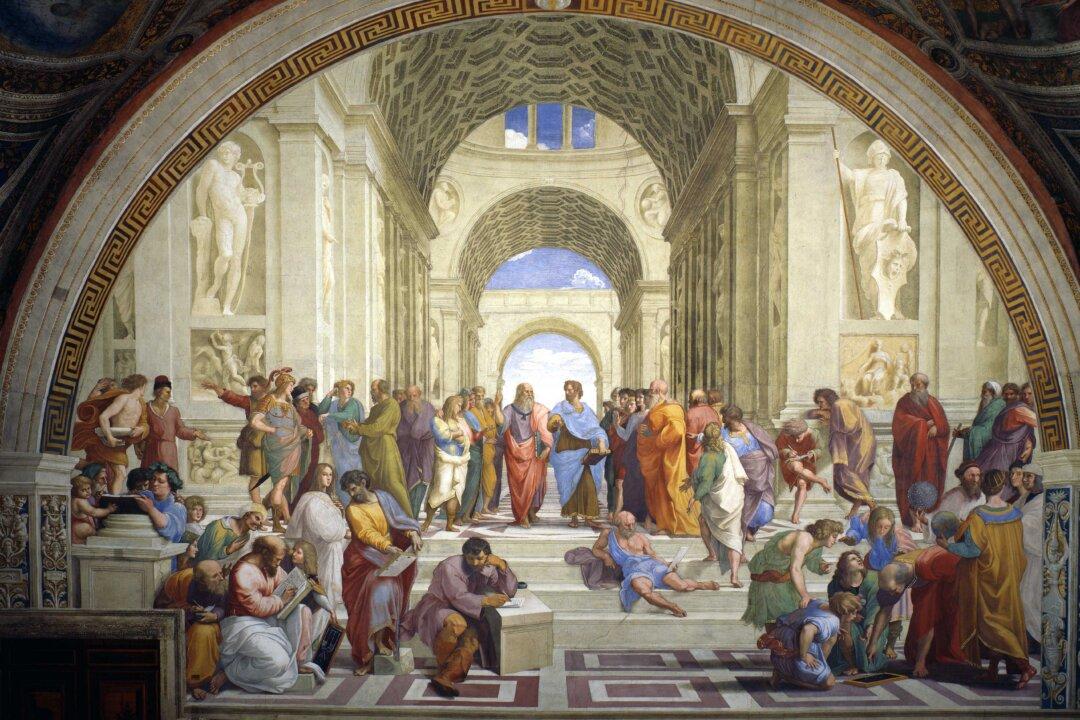Commentary
Historically, universities were institutions devoted to the pursuit of truth. It was a search guided by Socratic humility and Pascal’s dictum that “we know too much to be skeptics and too little to be dogmatists.” Contrary to romantic myths, there was never a time of cozy accord in university life, and academic disputations are well-known for their ferocity.





